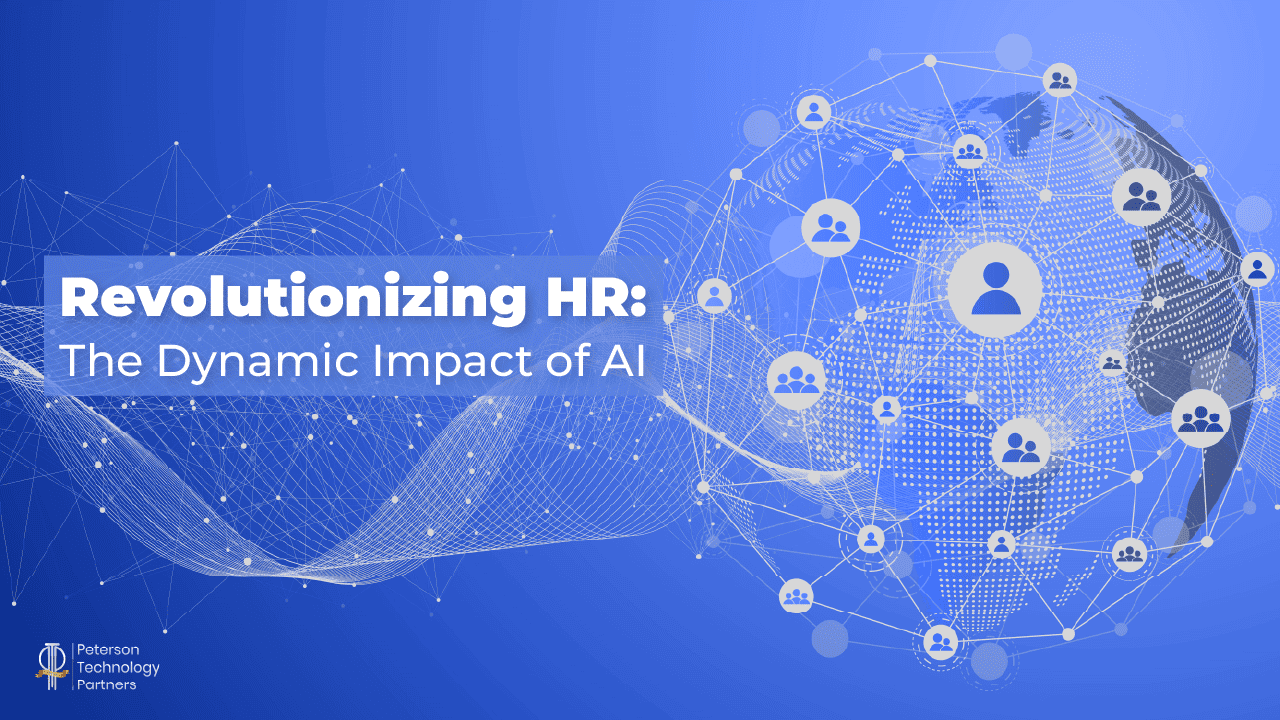Artificial intelligence (AI) is changing how we get work done. Its ability to automate tasks and analyze company data is saving organizations time and money across all departments, and HR is no exception.
A 2022 report in which 250 HR leaders were surveyed on AI use revealed that the majority of the 250 HR leaders said they are already using AI across HR functions, and 92 percent reported that they intend to increase their AI usage in at least one area, most planning to do so in the next 12 to 18 months.
Today most HR leaders use AI for various tasks, including employee records management, payroll, recruitment, onboarding, and performance management. AI’s ability to automate tasks increases efficiency, reduces costs, and improves decision-making.
This article will break down key areas of HR that are evolving due to the implementation of AI.
[Not sold on AI? Check out our Beginner’s Guide to AI, for a quick crash course on AI and its capacity to change the way we work.]
Recruiting and Hiring
Among the first areas of HR altered by AI are recruiting and hiring. Specifically, organizations have been using AI to post jobs, recruit candidates, and execute the interview process.
Using AI, companies can post many positions on online job boards using minimal effort and resources.
Hiring managers can also send automated messages to users who are open to work and whose profiles are appropriate for the role. Direct messages, even when automated, feel more personal and are more likely to get engagement. AI can send customized sequences of messages from a real person’s account rather than a faceless company page.
AI can also analyze the efficacy of recruiting by tracking response rates. Such abilities allow companies to modify their outreach strategies to improve their recruiting process.
Onboarding
Onboarding tends to be one of HR’s most monotonous procedures. It requires several administrative tasks, like verifying employee documents, providing IDs, giving access to company software, and administrating training materials. Now, AI can help with all of that.
Sixty-nine percent of HR leaders have begun using AI for the onboarding process.
HR leaders can even implement chatbots new employees can use to answer any questions during onboarding. Like with customer service chatbots, these HR chatbots can work around the clock, ensuring new employees have support whenever they need it. This is especially helpful when onboarding remote workers in different time zones.
Executing an effective onboarding process is crucial for employers. Automated onboarding prevents new hires from being “ghosted” throughout the process, which bodes well for a company’s reputation.
Performance Management
As the work landscape evolves to include in-person, hybrid, and remote models, employers will benefit from measuring productivity more than ever. However, the use of employee-monitoring software is highly controversial. While HR leaders should use this software at their discretion, it is important to be aware of how they can impact organizations.
By analyzing online activity, AI-powered employee monitoring can alert managers when anomalies or policy violations occur. This can help maintain a positive company culture, making it easy for HR to flag inappropriate behavior and take action quickly.
Employee-monitoring software like Veriato Cerebral uses AI to assess productivity and employee engagement. In addition to tracking activity (and lack thereof), this software can use AI-powered psycholinguistic analysis to detect threats of quiet quitting.
AI’s ability to collect and analyze this data helps leaders identify areas where employees may feel uninspired. For example, data may reveal that employees are spending too much time idling while working on a specific task; this information can serve as a jumping-off point from which leaders can work with employees to make this task easier and more engaging.
Learning and Development
Many employers who claim they foster career development are missing opportunities to put this claim into practice. A key method for improving development and engagement is to create opportunities for internal mobility.
Often, hiring managers will post jobs on external job boards like LinkedIn and Indeed rather than explore options within their employee network. But with AI, HR can use employee information to match existing employees with new roles, thus saving time, effort, and money by going through entirely new recruiting, hiring, and onboarding processes.
HR leaders are beginning to explore how AI can optimize the learning process for employees, whether in the form of training during the onboarding process or in the context of building skills for employee development. Companies already use cloud-based Learning Management Systems (LMS) to execute and track learning. With AI, these systems can send reminders and provide automated instructions for learning modules. In the future, LMS may use AI to personalize learning for individual employees, creating a more engaging, impactful learning process for each employee.
[Find out more about building learning and development strategies by encouraging Professional Development in the Human Centric Workplace]
Conclusion
As high-performing organizations continue to use AI in their HR department, we will have more evidence of its efficacy and best practices for implementation.
AI will likely cover more HR functions in the future; companies may even use AI to respond to more complex queries, communicate salary and benefits details, and even terminate low-performing employees.
While AI can improve efficiency, decrease costs, and improve decision-making, it is important to remember that it still has limitations and cannot completely remove the “human” in human resources.
-Lizette Roman-Johnston
(Staff Writer)





 Work with us
Work with us